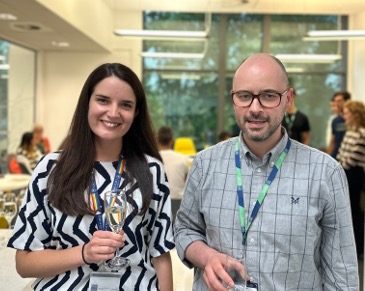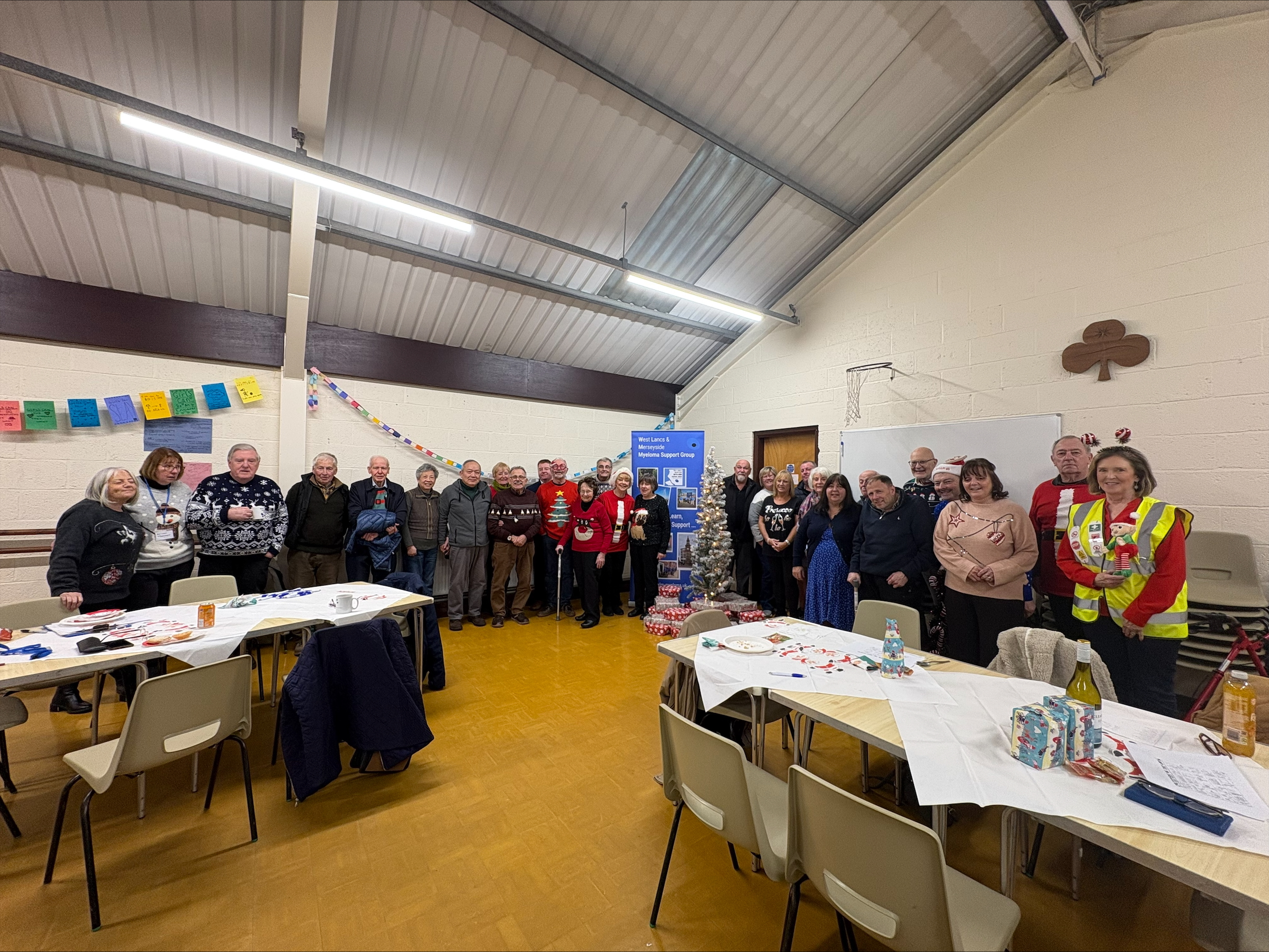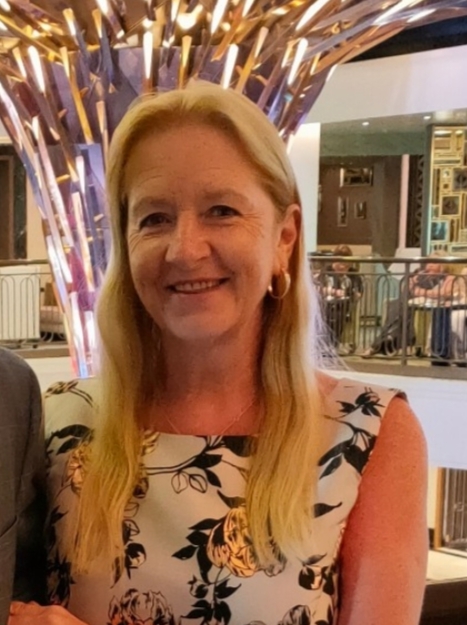
A £25,000 grant awarded through our annual research grant scheme has proved to be the catalyst for further research funding which it is hoped could provide a significant development in the treatment of cancer.
Dr Ricardo Fernandes and his team at the University of Oxford’s Department of Medicine were awarded the funding in 2022.
They used the award to investigate a way to shut down a specific malfunctioning protein linked with a high number of blood cancer cases.
The work aimed to engineer and screen different antibodies to find a way to shut down the FLT3 protein which is commonly mutated and linked to Acute Myeloid Leukaemia (AML).
Two years on and Dr Fernandes has revealed that in part, as a result of that initial work, further support has been forthcoming through funding for a five-year Wellcome Postdoctoral Fellowship to a Postdoctoral Researcher.
The Wellcome Trust funding allows the department to continue the work and widen its investigations, with the potential to assist patients with other forms of cancer as well as AML.
Dr Fernandes said: “That initial piece of work which we managed to do with support from LMRUK gave us the initial data to guide the design of novel molecules that attempt to reduce aberrant FLT3 signals and to put forward the application for a Wellcome Postdoctoral Fellowship, which are highly prestigious and very difficult to get.”
The Fellowship was awarded to a member of Dr Fernandes’ team, Dr Christina Heroven, a structural biologist with a strong interest in understanding how signals from proteins like FLT3 signal cause disease. She is now able to continue the research that began with the LMRUK grant.
That initial research focused on the FLT3 receptor, as figures show that of the 3,000 people diagnosed with AML in the UK each year, on average 1,000 of them will have the malfunctioning FLT3 protein.
The problem is compounded by the fact that with many different types of FLT3 mutations, current drugs for patients only target some and not all, which means only a few of the thousand people diagnosed with AML each year will benefit from those treatments.
FLT3 is one of the many thousands of proteins present in myeloid cells in the blood and most of the time it functions normally. However, when it tells the cell to keep dividing it can give rise to AML.
Dr Fernandes said the LMRUK funding looked for a drug that would target all FLT3 mutations and shut down FLT3 signalling, regardless of the type of mutation. The positive findings so far mean the research can be extended.
Dr Fernandes explained: “We have been able to widen this concept to move forward and expand the number of receptors that we are investigating to 15 receptors—important in other cancers, including lung and skin cancer.”
Receptors are molecules at the surface of cells that receive signals from the surrounding environment. These cell surface receptors are essential to life, as they instruct the cell to grow, differentiate or migrate, among other crucial functions. Very often, malfunctioning receptors are responsible for the development of diseases, including cancer.
For more information about our annual research grant scheme and the research we invest in, click here: https://lmruk.org/research/.









